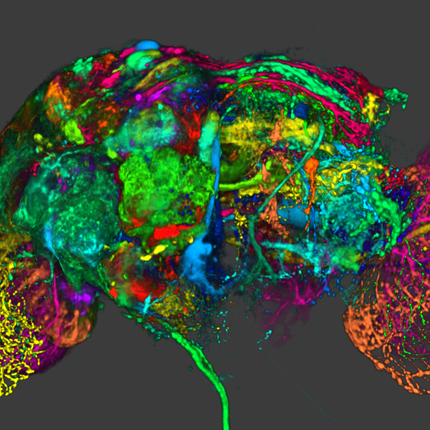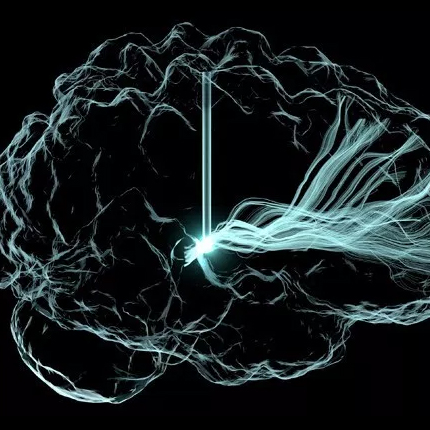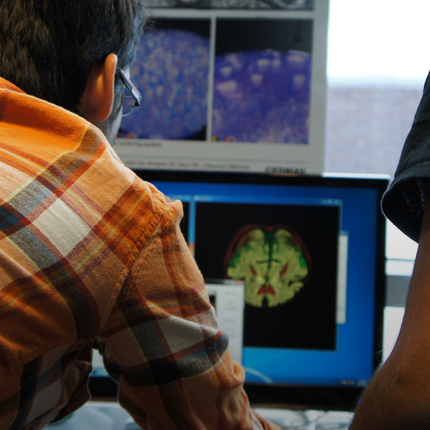 Congratulations to Jeff Weiss for receiving the Distinguished Research Award that recognizes outstanding achievement and excellence in scholarly and creative research.
Congratulations to Jeff Weiss for receiving the Distinguished Research Award that recognizes outstanding achievement and excellence in scholarly and creative research. Professor Weiss received his bachelor’s and master’s degrees in Bioengineering at the University of California, San Diego, his doctorate in Bioengineering at the University of Utah in 1994, and completed postdoctoral training with the Applied Mechanics Group at Lawrence Livermore National Laboratory (1995-96).
Weiss’ research efforts have focused on the areas of experimental and computational biomechanics, primarily applied to the musculoskeletal and cardiovascular soft tissues. He developed and validated techniques for subject-specific computational modeling of joint mechanics, and applied these techniques to the mechanics of knee ligaments and patient-specific modeling of mechanics in the hip. Fundamental studies of ligament and tendon mechanics have included constitutive modeling, elucidation of ligament in situ strains, characterization of multiaxial viscoelastic material behavior, characterization of structure-function relationships, and determining the structural role of non-collagenous components, including decorin proteoglycans and elastin. Professor Weiss also developed finite-element based techniques to incorporate medical image data directly into biomechanics analyses for strain measurement. His current research interests include the mechanics of angiogenesis, the development of patient-specific analysis methods for joint and tissue mechanics, structure-function relationships in ligaments and tendons, and the development of distribution of software for computational biomechanics. Professor Weiss’s lab develops, distributes and supports FEBio, an open-source finite element software suite for computational biomechanics and biophysics that is widely used for biomedical research.




